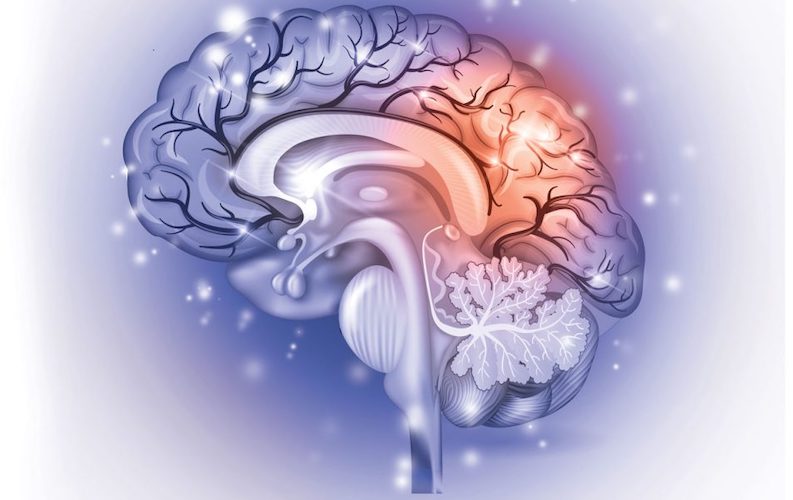A glioblastoma, otherwise known as a glioblastoma multiforme or GBM, is an aggressive type of cancer that can occur in the brain or spinal cord. It is the most common type of malignant tumor in adults – most often in older adults, though it can occur at any age. A GBM is made up of cells called astrocytes that support nerve cells.
Glioblastomas can cause worsening of common, everyday symptoms, like headaches, nausea, and vomiting. This article outlines the various symptoms to look for and when you should see a doctor.
Early signs and symptoms of glioblastomas relate to the tumor’s location and its size, but can include:
- Headaches, along with nausea and vomiting. These types of headaches start when someone wakes up and worsens throughout the day. The headache typically gets worse with coughing, exercise, or a change in body position, and common headache remedies do not alleviate the pain of this particular type of headache. Note: While this is one of many symptoms of glioblastoma, it is rarely the only symptom.
- Seizures. Depending on where the tumor is located in the brain, they can be partial (a seizure that affects only one part of the brain), complex partial (also known as focal onset impaired awareness seizures, which affects your movement and ability to talk), or generalized (a seizure that affects both sides of the brain and results in loss of consciousness).
- Focal neurological deficits. These are cognitive, neurological problems that can present themselves in various ways, including limited and involuntary mobility, difficulty balancing, vision changes like blurriness, double vision and loss of peripheral vision, loss of motor control, speech problems like aphasia, dysarthria, and anomia, loss of appetite and memory loss.
If you or someone you know is experiencing one or many of the above symptoms consistently, it’s best to see your provider to determine if you need further diagnostic tests and procedures.
For information about Surgically Targeted Radiation Therapy for brain tumors, visit GammaTile Therapy.




